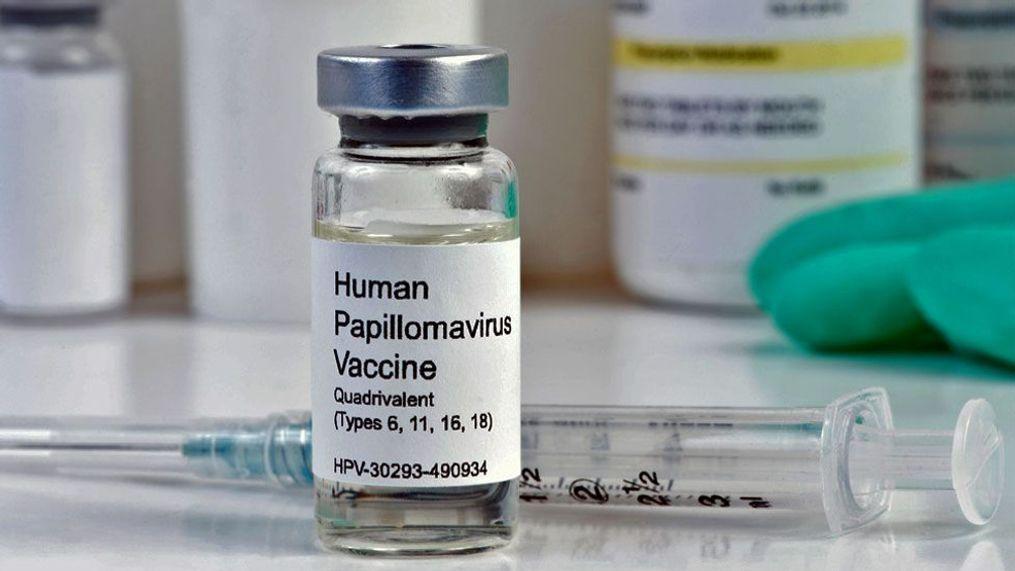India gears up for HPV vaccine drive against cervical cancer (Indian Express)

- 13 Jan 2024
Why is it in the News?
In a bid to reduce cases of cervical cancer, the government is likely to roll out an immunisation campaign against Human Papillomavirus (HPV) in the second quarter of the year.
What Is Cervical Cancer?
- Cervical cancer starts in the cells lining the cervix -- the lower part of the uterus (womb).
- Cancer starts when cells in the body begin to grow out of control.
- It typically develops slowly, primarily caused by persistent infection with certain high-risk types of human papillomavirus (HPV).
- Human papillomavirus (HPV) is a common sexually transmitted infection which can affect the skin, genital area and throat.
- Women living with HIV are 6 times more likely to develop cervical cancer compared to women without HIV.
- Cervical cancer can be cured if diagnosed at an early stage and treated promptly.
- According to WHO, countries around the world are working to accelerate the elimination of cervical cancer in the coming decades, with an agreed set of three targets to be met by 2030.
How does the vaccine prevent cancers?
- The quadrivalent vaccines, including the Serum Institute of India’s Cervavac, prevent the entry of four of the most common types of HPV 16, 18, 6 and 11 thereby preventing infections, genital warts, and eventually cancer.
- At least 14 HPV types have been identified to have the potential to cause cancer.
-
- Among these, HPV types 16 and 18 are considered to be the most oncogenic, causing about 70 per cent of all cervical cancer cases globally.
- Universal immunisation of girls also reduces the transmission of the infection to boys and protects them from other cancers.
Who should get the HPV vaccine?
- The vaccine has to be administered to adolescent girls before they are sexually active.
- This is because the vaccine can only prevent the entry of the virus.
- “HPV is a very common infection and 90% of sexually active women already have it.
- Other than that, the response to the vaccine is also better in adolescents.
- This is the reason a booster is needed for girls over the age of 15 years who get the shot.
- Although not covered by the planned government campaign, the vaccine can also be administered to adolescent boys and is recommended for men who have sex with men.
Why is an HPV vaccination campaign important?
- More than 95% of all cervical cancer cases are linked to persistent infection with certain high-risk strains of HPV.
- What this essentially means is vaccination can be effectively used to prevent the infection and thereby cervical cancer cases.
- This is especially necessary in a country like India which accounts for nearly a fifth of the cervical cancer cases globally.
-
- India reports around 1.25 lakh cases and about 75,000 deaths each year.
- “The vaccine is 97% effective in preventing cervical cancer. This is the reason more than 100 countries have now implemented HPV vaccination programmes and they have seen a decline in the incidence as well.
